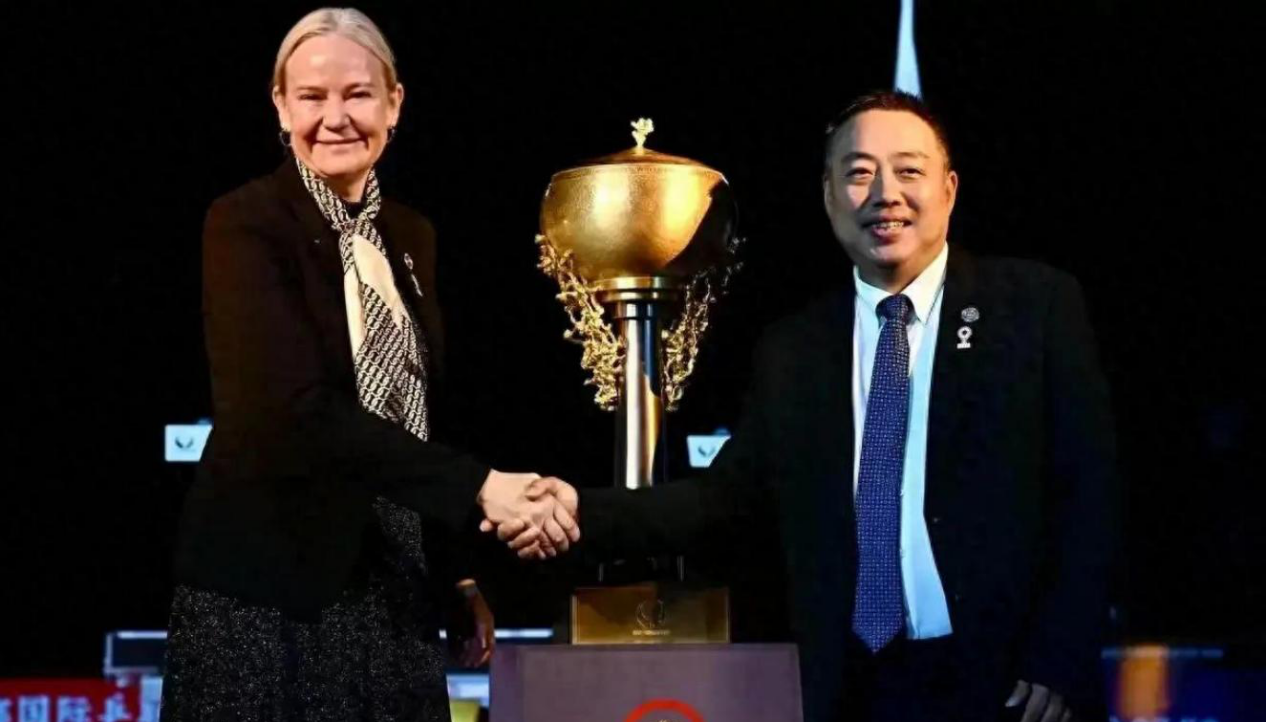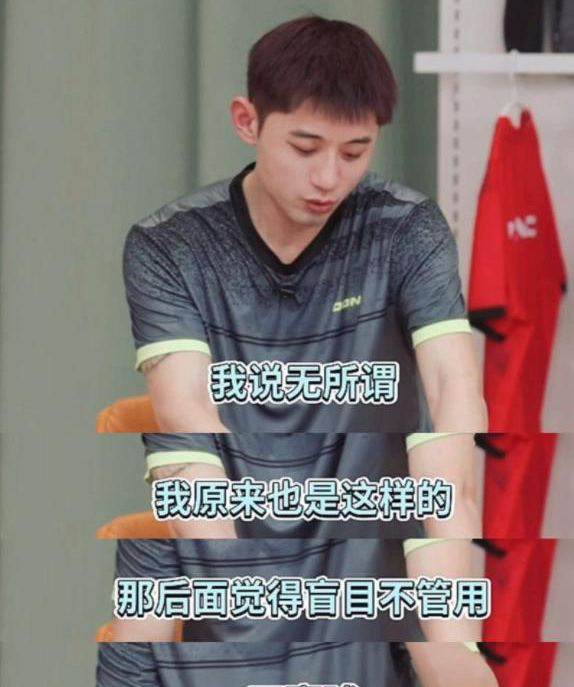The news that Fan Zhendong withdrew from the world rankings has caused quite a stir, leaving me somewhat confused, as if someone suddenly didn't want their report card anymore. Despite being ranked first in the world, he said he didn't want it and just let it go. This matter is simple in one sense, but also really complicated.
Before the New Year's Day, the Chinese Table Tennis Association issued a statement saying that Fan Zhendong, Ma Long, and Chen Meng were going to withdraw from the world rankings. This came out of nowhere and caught everyone off guard.
This boils down to the athletes not wanting to participate anymore, feeling that the current competition rules are unfair to them. Instead of being led by the nose, they might as well not play at all. After all, they can still compete domestically and life goes on as usual.
These three athletes are indeed tough. They knew that withdrawing from the world rankings would make it difficult for them to participate in international competitions in the future, yet they made this decision together. Their united stance is truly admirable.
Liu Guoliang also stood with the athletes this time, saying that he fully supports the athletes in protecting their rights. This statement warms the heart, after all, family takes care of family.
In essence, withdrawing from the world rankings is a signal, telling the International Table Tennis Federation not to overstep. Chinese players are not easy to bully. Everyone is doing this for the good of the sport, so why make things so complicated?

The current situation is that these three athletes can basically only compete domestically. There's no door for them to participate in world competitions, even the Olympics are in doubt. The cost is indeed high.
But do you think they regret it? I don't think so. Sometimes, when it's time to be tough, you have to be tough, and this is also for the future of Chinese table tennis.
This has put the International Table Tennis Federation in an awkward position. After all, the Chinese team is the backbone of the table tennis world. Without Chinese players, the audience finds the matches less interesting.
Zhang Jike talked about blind confidence during a live broadcast, without naming anyone specifically, but his words were truly profound.
He said that some people are too confident, but actually lack the necessary skills. These words may hurt, but they are spot on. After all, Zhang Jike himself is someone who speaks with his abilities.
Zhang Jike was able to win the Grand Slam within 445 days, a feat that commands respect from everyone. Therefore, when he says these things, he is particularly convincing.

Netizens have various interpretations of Zhang Jike's words. Some say he is right, while others think he is implying something. In any case, it has sparked a lot of heated discussions.
Zhang Jike's relationship with Fan Zhendong is actually quite good. They interact regularly during training and competitions, so his words are not targeted at anyone, but are simply speaking the truth.
Although Zhang Jike has retired now, his understanding and insights into table tennis are still very unique. As a veteran, he has experienced many things.
Although he sometimes speaks bluntly, his words come from the heart, hoping that young athletes can balance confidence and ability.
This kind of concern and advice from older players to younger ones is actually an excellent tradition that has been passed down in Chinese table tennis.
This incident of withdrawing from the world rankings actually reflects a sense of responsibility and courage among the athletes, not for themselves, but for the development of the entire sport.

Chinese table tennis has always been world-leading, but this leading position also brings us a lot of responsibilities and pressures, which we need to maintain the fairness of the sport.
Young athletes today are also watching the development of this incident, which serves as inspiration and education for them, knowing when to stick to their principles.
As the chairman of the Table Tennis Association, Liu Guoliang's stance is also important. He must protect the interests of the athletes while considering the development of the entire sport. This balance is indeed hard to strike.
What athletes really care about is whether they can play well. Rules and systems are secondary, but if the rules affect fairness, they have to speak up.
This matter is still developing, but it has already left us with much to ponder, such as how to balance personal and collective interests, and how to maintain flexibility while adhering to principles.
Zhang Jike's words are actually a reminder to everyone that in sports competitions, ability is the most important thing, everything else is secondary.
This spirit and attitude are the fundamental reasons why Chinese table tennis can maintain its world-leading position for a long time.